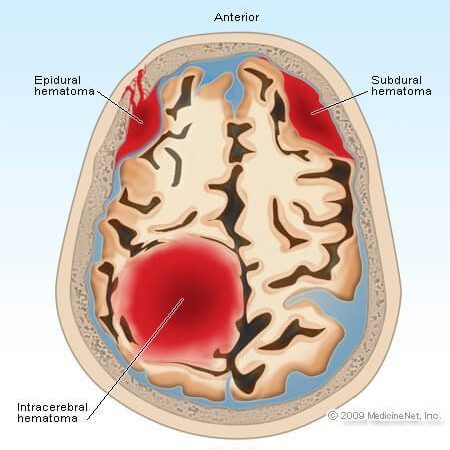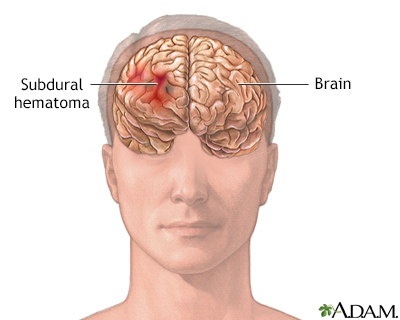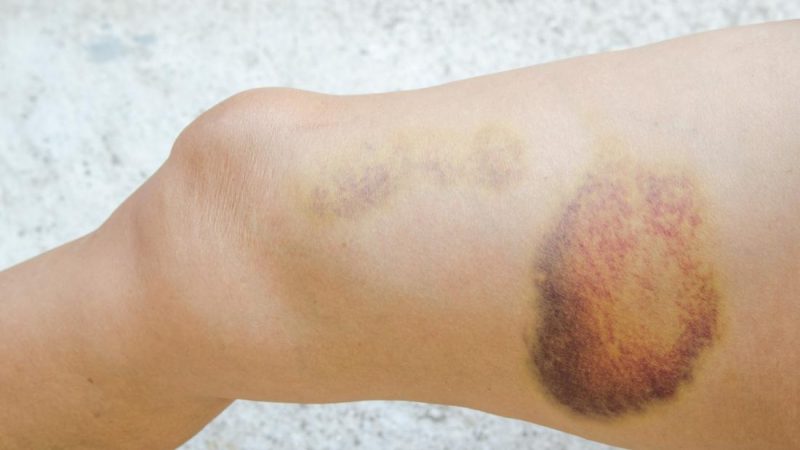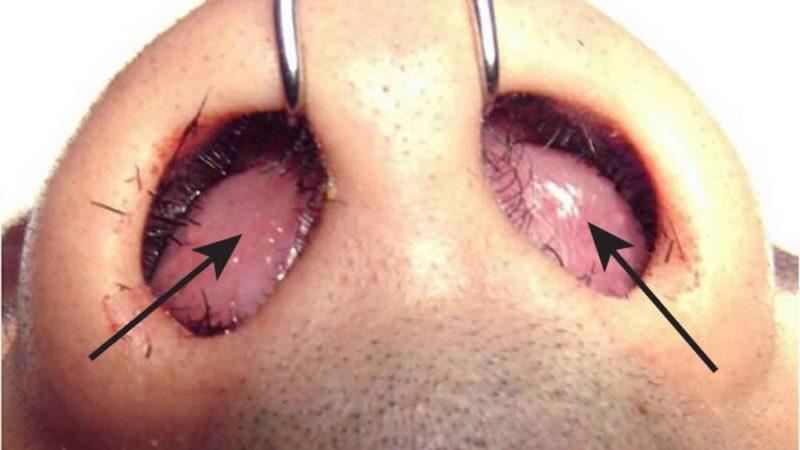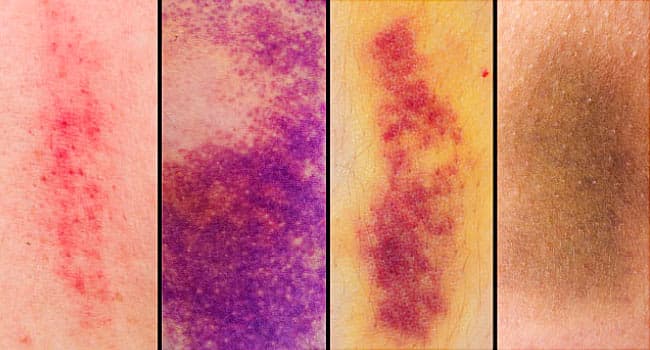3 Reasons You Might Have Rib Cage Pain

Torment in your Rib Cage can be startling — you might even be stressed you’re having a coronary episode. Yet, the aggravation you’re encountering may not really be coming from one of your organs. The actual ribs, and the region encompassing them, can likewise cause inconvenience. The following are three conditions that can cause rib confine torment, and the obvious manifestations specialists use to differentiate them.
1. Wounded or cracked rib
Your rib confine gives a critical capacity: to secure your heart, lungs and other essential organs. However, this may likewise mean they take the brunt of the harm on account of injury, like an auto collision, steep fall, actual attack or even extreme hacking. A swollen rib implies the bone isn’t really broken, yet it actually may have supported harm. Indications for wounded and broken ribs are a lot of something similar: torment, especially when breathing or hacking.
Your primary care physician might arrange a chest X-beam to decide whether you’ve broken your rib. If you have, a CT sweep will assist with deciding if your lungs have been harmed.
Ribs clearly can’t be placed in a cast or immobilized, as other broken bones. Additionally, they need to continue to move when you relax. Regardless of whether it harms, inhale profoundly, so you can keep your lungs clear. Neglecting to do as such may bring about pneumonia. Respiratory complexities like pneumonia happen in almost 33% of patients with rib breaks. Your primary care physician might give you a gadget to inhale into to assist with further developing your lung capacity, and torment meds to make breathing more straightforward until your messed up or wounded rib recuperates.
2. Costochondritis
You might not have known about this condition, yet it’s really a generally expected reason for rib confine torment. Everything except two of your ribs are appended to your sternum, or breastbone, via ligament.
“This region where the ribs meet the breastbone, called costosternal joints, can become kindled,” says Rose Taroyan, MD, a family medication doctor at Keck Medicine of USC and associate educator of clinical medication at the Keck School of Medicine of USC.
Taroyan clarifies that costochondritis causes torment (it very well may be either sharp or dull) and delicacy in your chest. It might result from a hit to the chest, truly difficult work or hard exercise, or supported hacking and sniffling rib cage.
Your PCP might arrange an electrocardiogram to preclude any cardiovascular issues. Contingent upon whether you have some other indications, your PCP may likewise arrange extra tests. In case you’re determined to have costochondritis, however, it typically disappears all alone in a couple of days to half a month.
“You can do extending works out, put a warming cushion on the agonizing region a couple of times each day, and take pain killers, like acetaminophen or ibuprofen,” Taroyan says. “Also, any action you do that causes or dependably intensifies the aggravation ought to be decreased and additionally halted, to some extent briefly.”
3. Pleurisy
Covering within your chest cavity and the outside of your lungs are two layers of tissue called pleura; the region between these layers is known as the pleural space. The layers by rib cage and large coast against one another easily as you breathe in and breathe out.
With pleurisy, the layers become aroused because of a viral disease, pneumonia or other ailment, and rub together generally, causing torment each time you inhale or hack. Liquid may likewise gather in the pleural space, causing windedness.
In light of your side effects, your PCP might arrange imaging or blood tests to assist with deciding the basic reason for the pleurisy and to check whether liquid has developed. On the off chance that it has, the liquid might should be depleted. If the liquid is a consequence of a bacterial contamination, you’ll be given anti-microbials. In case it’s from an infection, it might need to run its course, however over-the-counter pain killers might assist with decreasing your side effects.
With any rib confine torment, in the event that you can’t inhale, your skin becomes blue or you have serious chest torment, call 911 or go to the trauma center immediately.
